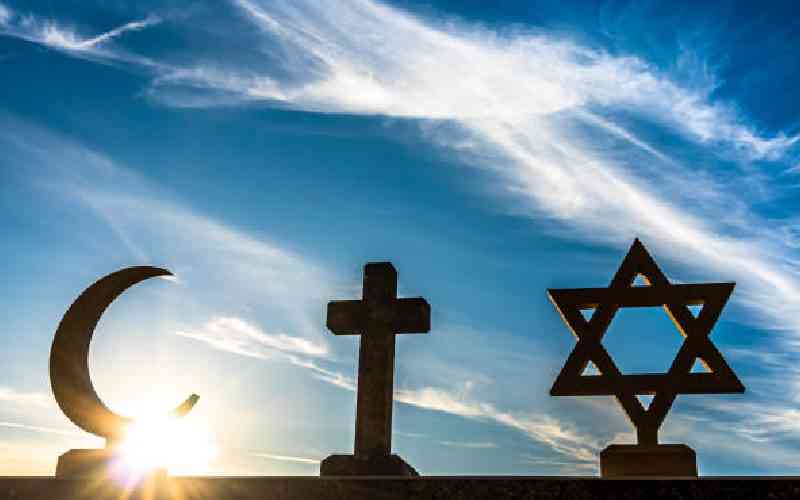×
The Standard e-Paper
Kenya’s Boldest Voice

God does not vote in Kenya.
If you think he does, listen to the recent utterances of some politicians who began their campaigns with prayers, regularly walked into churches, worshipped and gave offerings and received blessings from priests and even got baptised. They are now spitting fire.